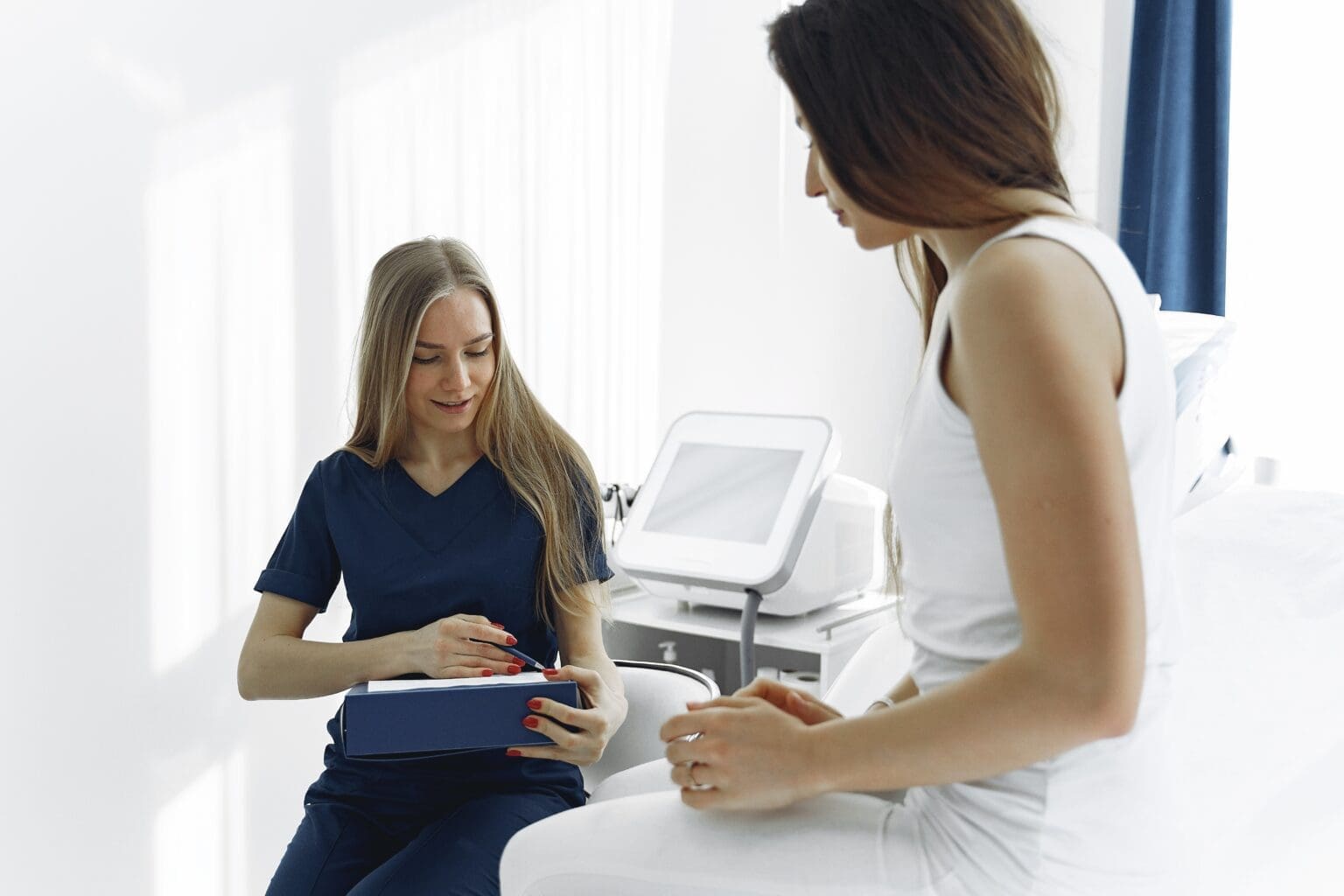GPs are often the only professionals who engage with both the perpetrator and the victim. This puts them in a unique position to see and hear invaluable information to prevent domestic abuse and related homicides.
The IRIS model is a domestic abuse training, support and referral programme for GP practices which was delivered by Advance in partnership with Asian Women’s Resource Centre last year.
It aimed to equip health professionals with improved understanding of domestic abuse and its rel-evance to health, and a better knowledge of how to respond. It trains them to ask about domestic abuse, how to contact and refer to a domestic abuse specialist and the importance of safeguard-ing. This resulted in improved safety for women, access to support and intervention, and offered women a safe place in which to disclose and have their voices listened to.
We spoke to an Advance Advocate educator and asked her about her experience in delivering the IRiS model
1.What is an Advocate Educator?
An Advocate Educator provides training to health care professionals about domestic abuse, how to recognise abuse and respond sensitively, risk check, record a domestic abuse disclosure, and how to refer to a domestic abuse service. The aim of the role is to advocate for victims of domestic abuse.
2.Why is your work with GPs and other health care professionals important?
As many victims of domestic abuse only have access to a GP or other health care professionals due to coercive control of perpetrators, these professionals are in a position of trust and if women are asked about domestic abuse they may respond. Research has shown that when women waiting in GP surgeries were asked if they would like to be asked about domestic abuse by their GP, most women said yes. Many times, it may be the only chance for a victim to disclose domestic abuse safely.
3. What does the training you deliver entail?
The training is interactive with the purpose to educate health care professionals about domestic abuse being a health issue and how they can observe indicators of domestic abuse, like frequent attendances with gynae issues, or mental health issues. Women need to be asked how things are at home, or how their relationship with their partner is. If they respond confirming that there is a problem, then asking them more direct domestic abuse related questions is necessary. We offer role play for health care professionals to practice asking sensitive questions confidently, share statistics of health issues due to domestic abuse, and outline harmful practices like ‘Honour’ based violence, forced marriage and female genital mutilation. Health professionals are trained to speak with perpetrators (who are also their patients) to hold them accountable and offer referral to perpetrator services, making sure not to disclose abuse to them.
Safeguarding is covered in training, for example training professionals to make a MARAC referral when a victim scores high risk, if there are children or vulnerable adults in the household to refer to social services or recording domestic abuse on patient and children records without it being visible online to perpetrators. Once domestic abuse is disclosed, we train professionals to offer a referral to a domestic abuse service if the victim provides consent to make the referral. If not, then they must give information about the domestic abuse service in case they would like to access it in future.
4. How do you support women?
We offer risk assessments and make safeguarding and MARAC referrals if the woman is deemed high risk based on professional judgement. We provide safety planning with women and make a support plan with them according to their needs, alongside providing practical and emotional support with education, work, safe housing, reporting to police, or applying for a protective order. We educate women about how domestic abuse may present itself, as victims may not recognise abuse or may minimise it. We collaborate with other professionals and advocate on their behalf, whilst also encouraging survivors to self-advocate and make their own decisions. We make referrals to specialist services such as domestic abuse counselling, solicitors, domestic abuse groups, National Stalking Helpline, ISVA, and Refuge.
5. Why is this work important/ why do you do this work?
Due to lack of funding, the Women’s Centre I worked for to support victims of domestic abuse closed after 27 years and it was devastating for the service users. High risk services are often awarded funding, which is extremely important, however low to medium risk victims have reduced or no support available. Firefighting and not supporting women at all levels of risk of domestic abuse is unsafe as risk is dynamic and can change any time. It is also discouraging for victims to be told their risk is low to medium and support is not available, and this may result in them not report-ing when risk increases.
I am a believer in long term work as, in my professional experience, women become aware about domestic abuse on a deeper level and thrive with the long-term support. They gain skills, education, or jobs with the holistic support offered. We know that our services have repeat cases which may be the result of long-term support not being offered. I am pleased to be able to refer clients to groups and activities being offered at Women’s Centres. We miss many victims of domestic abuse if our health sector is not adequately trained in recognising and reporting domestic abuse.
6. What feedback do women give you?
-Ends-
About Advance
- For more information on the IRIS visit IRISi Interventions
- Women must be referred to Advance, via statutory services or the charity’s self-referral scheme. For more information about who Advance is able to support, please visit Get help
- For facts and statistics about domestic abuse and women in the criminal justice system, as well as Advance’s work, please visit Our Impact



